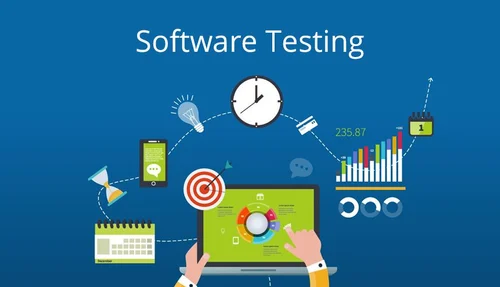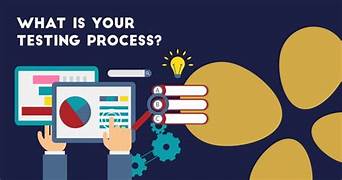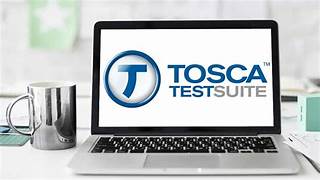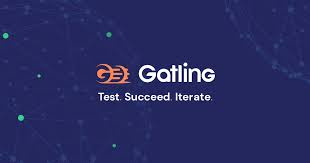Description
Training Introduction:
This course, “Software Testing Fundamentals: A Beginner’s Guide,” is designed to provide a comprehensive introduction to the core principles and methodologies of software testing. It is intended for beginners with little to no experience in testing or software development. The course covers various testing types, the software development lifecycle, and the importance of testing in ensuring software quality and reliability. Through theoretical explanations and hands-on exercises, participants will gain a solid foundation in manual testing techniques, test case design, defect reporting, and the use of basic testing tools.
By the end of this course, participants will understand the role of software testing within the development process, how to apply essential testing practices, and how to effectively communicate findings to development teams and stakeholders.
Prerequisites:
- No prior experience in software development or testing is required.
- Basic understanding of computers and software usage.
- A desire to learn about quality assurance and software testing processes.
Table of Content:
Module 1: Introduction to Software Testing
- What is Software Testing?
- The Importance of Software Testing in Development
- Key Objectives of Testing
- Software Quality and the Role of Testers
Module 2: Software Development Life Cycle (SDLC)
- Overview of SDLC Models (Waterfall, Agile, etc.)
- The Testing Phase in the SDLC
- Integration of Testing with Development Cycles
Module 3: Types of Software Testing
- Manual vs. Automated Testing
- Functional Testing
- Non-Functional Testing
- Unit Testing, Integration Testing, System Testing, Acceptance Testing
- Regression Testing
Module 4: Testing Techniques
- Black-Box Testing
- White-Box Testing
- Grey-Box Testing
- Exploratory Testing
Module 5: Test Planning and Documentation
- Creating a Test Plan
- Writing Test Cases
- Test Case Management
- Understanding Test Scenarios
Module 6: Defect Reporting and Management
- How to Identify and Report Defects
- Bug Life Cycle
- Severity and Priority of Defects
- Tools for Defect Management (e.g., JIRA, Bugzilla)
Module 7: Basic Testing Tools
- Introduction to Testing Tools
- Overview of Test Management Tools (e.g., TestRail)
- Hands-on with Basic Testing Tools
Module 8: Introduction to Automation Testing (Overview)
- What is Automation Testing?
- Differences between Manual and Automation Testing
- Common Automation Tools (Selenium, QTP)
- When to Use Automation Testing
Module 9: Best Practices in Software Testing
- Testing in Agile and DevOps Environments
- Testing Documentation and Traceability
- Continuous Testing in CI/CD Pipelines
Module 10: Final Project and Case Study
- Real-world Case Study: Testing a Sample Application
- Creating Test Plans and Test Cases
- Executing Tests and Reporting Defects
- Presenting Findings and Recommendations







Reviews
There are no reviews yet.